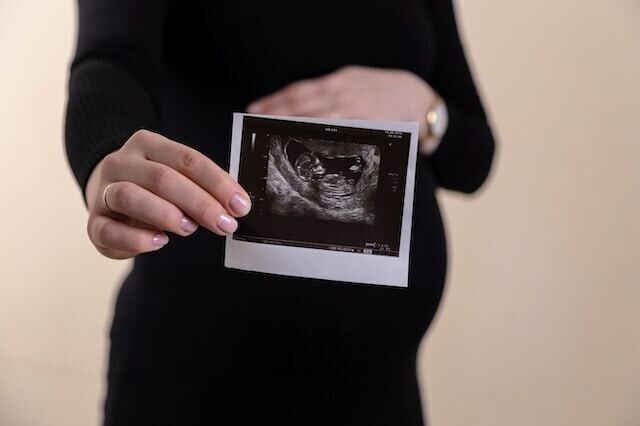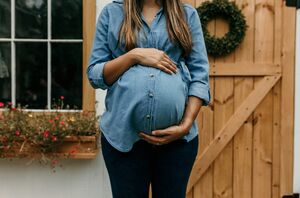Abortion
Press release: Concerning lack of data on abortions under 'pills by post' scheme

CARE has raised the alarm about a lack of data on complications occurring under controversial home abortion rules.
This morning, data on abortions in England and Wales in 2022 was published. Only data for January to June is provided, due to a "backlog".
17,731 more abortions occurred between January and June 2022 than in the same period of 2021 (123,219 in Jan-Jun 22 vs. 105,488 in Jan-Jun 21).
The report states that in abortions where one or both pills are administered at home, "complications may be less likely to be recorded”.
CARE says the admission is concerning, pointing to disturbing late-stage abortions and evidence of women being hospitalised.
Louise Davies MBE, Director of Advocacy and Policy, said:
“In recent months, harrowing cases have emerged of women obtaining abortion pills under the new ‘pills by post’ framework and ingesting them after the legal limit. Research also suggests significant hospitalisations of women who have undertaken home abortions. It’s clear the new approach, which requires less oversight from medical professionals than before, is endangering women and babies. The fact the government now admits that data on complications is less likely to be recorded in home abortions is a further cause for concern.
“We urge the government to revoke the home abortion framework. Experts have warned that it is a threat to women’s health. It also makes it easier for men to coerce women into abortions against their will and fails to protect women victims of abuse and human trafficking. Ministers must not allow a flawed approach that lacks oversight and is believed to be causing profound harm to women and babies to continue. They must not cave to activists who tout a permissive, and reckless approach to abortion access.”
Abortion rate ‘saddening’
The number of abortions that occurred in January to June last year were up 17 per cent on the previous year, and 1,428 were carried out on the basis a baby might be disabled. Ms Davies added:
“It's saddening to see consistently high numbers of abortions in England and Wales. The direction of travel appears to be providing faster, and easier access to abortion. This is not a pro-woman approach. We should be removing barriers to motherhood and ensuring that every woman who goes through a crisis pregnancy is made fully aware of all the options she has. Advice is very often one-sided.
“It’s concerning that a significant number of abortions are taking place on the grounds of disability, such as a child having Down’s Syndrome. A truly equal society would value the lives of disabled babies as much as any other baby. We call for an end to the discriminatory provision in UK abortion legislation allowing the termination of disabled preborn babies up to birth. Politicians must do what the courts refuse to do and correct this injustice, which sends a really distressing message to people living with disabilities.”
ENDS
Notes to Editors
Christian Action Research and Education (CARE) provides analysis of social policy from a Christian perspective. For more information or to request an interview with a CARE policy expert contact: press@care.org.uk
About the home abortion framework
Since the pandemic, women have been able to access abortion drugs via telemedicine and ingest both doses at home. Previous rules required more oversight, stipulating that a woman had to see a medical professional and take the first dose of abortion drugs in a clinical setting.
Serious complications have arisen. In recent months, there have been harrowing cases of women obtaining abortion pills and ingesting them after the legal abortion limit. The tragic case of Carla Foster, who did this at 32-34 weeks gestation, was widely reported last week.
Fears have also been raised about hospitalisations. In 2021, a study based on freedom of information requests to English NHS trusts showed that more than 10,000 women who took abortion pills at home under the new rules subsequently needed hospital treatment.
In October last year, when asked “how many women have been hospitalised, or required ambulance care following use of at-home abortion pills”, the government was unable to answer, stating: “The information requested is not held centrally.”
During the pandemic, more than 600 medics demanded that Boris Johnson end the controversial 'pills by post' abortion scheme. In an open letter, they cited evidence of abortions happening beyond the 24-week limit, and increased risk of harm to vulnerable women.
Abortions in England and Wales
Data for 2021 showed that a staggering 214,256 abortions took place in England and Wales – the highest number ever recorded.
Share
